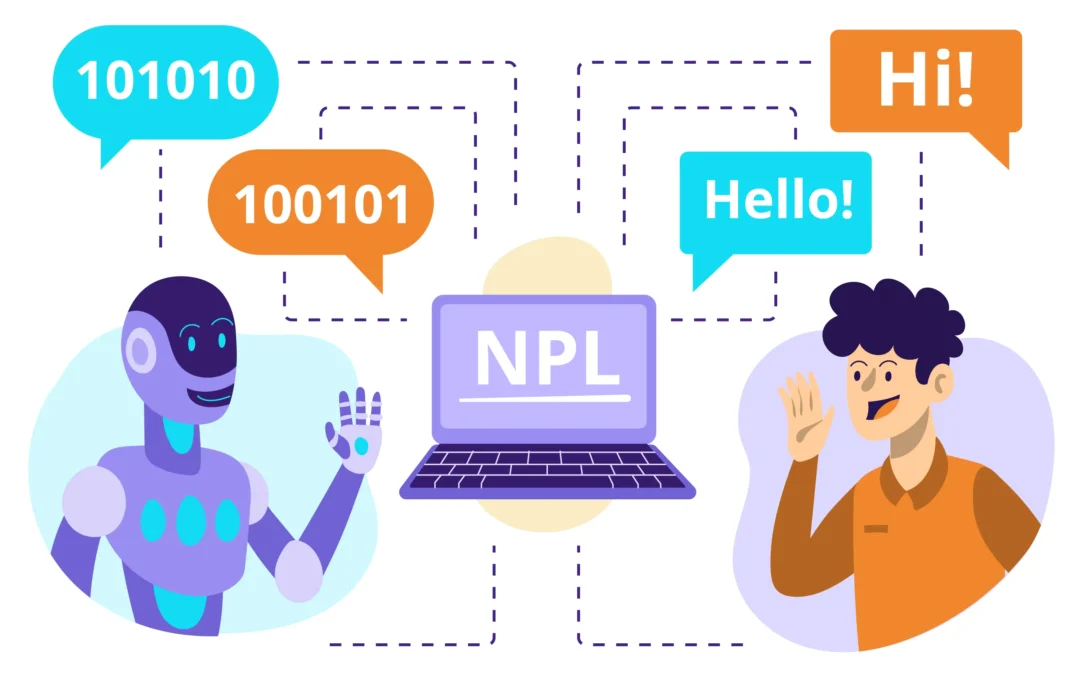Unlocking the Power of Natural Language Processing (NLP)

Natural Language Processing (NLP) is a transformative field of artificial intelligence (AI) that bridges the gap between human communication and computer understanding. By enabling machines to interpret, analyze, and generate human language, NLP empowers a wide range of applications, from chatbots and virtual assistants to translation tools and sentiment analysis systems. As digital communication continues to dominate the global landscape, the importance of NLP in enabling seamless interactions between humans and machines cannot be overstated.
At its core, NLP involves the interaction between computers and natural languages such as English, Spanish, or Chinese. It encompasses various linguistic disciplines, including syntax (sentence structure), semantics (meaning), pragmatics (context), and phonetics (sound). The goal of NLP is to enable computers to process and understand large volumes of natural language data in a way that is meaningful and useful. This is achieved through a combination of rule-based algorithms, statistical models, and machine learning techniques. As language is inherently complex and ambiguous, developing NLP systems requires an in-depth understanding of both linguistics and computer science.
One of the most common applications of NLP is text analysis, which involves extracting meaningful information from unstructured text data. Businesses use NLP-powered tools to analyze customer feedback, detect trends in social media, and gain insights into consumer behavior. For instance, sentiment analysis tools can determine whether a product review is positive, negative, or neutral, helping companies better understand public perception. Similarly, NLP helps in topic modeling, entity recognition, and summarization, which are crucial for managing and interpreting massive datasets efficiently.
Another prominent area where NLP excels is machine translation. Tools like Google Translate and DeepL have revolutionized the way people communicate across languages. These systems utilize advanced NLP algorithms to convert text from one language to another while maintaining context and meaning. Although perfect translation remains a challenging task due to cultural nuances and idiomatic expressions, NLP-based translation tools continue to improve through deep learning models like transformers and neural machine translation.
Speech recognition and voice-based interaction have become increasingly popular due to advancements in NLP. Virtual assistants like Siri, Alexa, and Google Assistant rely on NLP to understand spoken language, process it, and provide relevant responses. These systems use automatic speech recognition (ASR) to convert speech into text, followed by NLP algorithms to interpret the text and generate appropriate replies. As voice interfaces become more accurate and user-friendly, they are transforming how users interact with technology in homes, cars, and workplaces.
Natural Language Generation (NLG) is another fascinating aspect of NLP, where machines generate human-like text based on input data. This capability is used in generating news articles, creating reports, drafting emails, and even writing poetry or fiction. AI models like OpenAI's GPT series showcase the power of NLG by producing coherent and contextually relevant text that closely mimics human writing. These models are trained on vast amounts of textual data and use deep learning to predict and construct language patterns.
In healthcare, NLP is playing a vital role in improving patient outcomes and optimizing operations. Medical professionals use NLP tools to extract information from clinical notes, electronic health records (EHRs), and research articles. These tools help identify patient conditions, recommend treatments, and flag potential risks. For example, NLP systems can recognize mentions of symptoms, diagnoses, and medications in unstructured medical documents, facilitating faster and more accurate decision-making. This not only enhances patient care but also reduces administrative burden on healthcare providers.
Despite its numerous benefits, NLP faces several challenges. Language is dynamic, context-sensitive, and filled with ambiguity. Words may have multiple meanings depending on how they are used in a sentence, and understanding sarcasm, humor, or emotion remains difficult for machines. Moreover, language models can reflect and even amplify biases present in their training data. Addressing these issues requires ongoing research, ethical oversight, and responsible deployment of NLP technologies. Ensuring fairness, transparency, and inclusivity in NLP applications is critical for their widespread and equitable adoption.
Recent advancements in NLP have been driven by the rise of deep learning and large language models. The introduction of transformer-based architectures, such as BERT (Bidirectional Encoder Representations from Transformers) and GPT (Generative Pre-trained Transformer), has significantly improved the performance of NLP systems. These models are pre-trained on massive corpora and fine-tuned for specific tasks, achieving state-of-the-art results in text classification, question answering, and language generation. As research continues, the future of NLP promises even more sophisticated tools capable of understanding and engaging with human language at unprecedented levels.
Source - https://www.marketresearchfuture.com/reports/natural-language-processing-market-1288
Natural Language Processing is at the heart of a digital revolution that is reshaping how humans and machines interact. By enabling machines to understand, interpret, and generate human language, NLP is unlocking new possibilities across industries, including business, healthcare, education, and entertainment. As technology evolves and data grows more complex, the demand for robust and ethical NLP solutions will only increase. With continuous innovation and responsible development, NLP has the potential to create a more connected, intelligent, and user-friendly world.
- Art
- Causes
- Crafts
- Dance
- Drinks
- Film
- Fitness
- Food
- Games
- Gardening
- Health
- Home
- Literature
- Music
- Networking
- Other
- Party
- Religion
- Shopping
- Sports
- Theater
- Wellness
